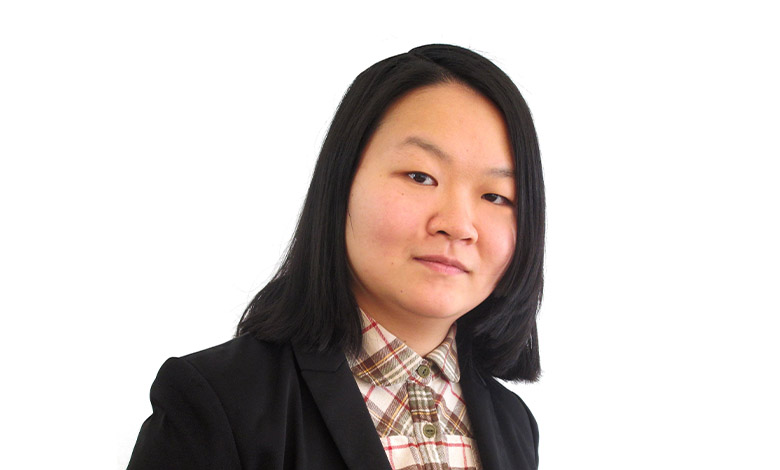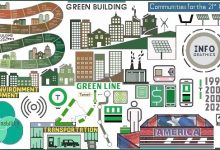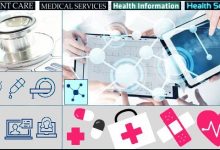
Nuoya Chen graduated from the Erasmus Mundus Master’s Course “Economic Policy in the age of Globalisation” in 2015. Nuoya holds a joint Master’s degree from University of Witwaterand, Johannesburg on “Development Theory and Policy”, and from University of Paris XIII, in the area of International Finance, Regulation and Economics. Before joining University of Macerata, Ms. Chen studied and worked in Berlin, Johannesburg and Paris, Stockholm and London. Her research interests include overseas investment behavior of Chinese enterprises, international finance and IOT Marketing strategy design.
1. Please can you give us a little background about yourself and your current role?
I am currently working as a Marie Curie Fellow for the HEART (HEalth related Activity Recognition system based on IoT)-ITN project. The project is a Marie Skłodowska-Curie industrial PhD program, financed by the European Commission under the Horizon 2020 Initiative. The project is mainly about health activity recognition system based on IoT. The program involves collaboration among University of Macerata, KU Leuven and Philips.
I graduated from the Erasmus Mundus Master’s Course “Economic Policy in the age of Globalisation” in 2015. I got a joint Master’s degree from University of Witwaterand, Johannesburg on “Development Theory and Policy” in 2015, and from University of Paris XIII in 2016, in the area of International Finance, Regulation and Economics. Before joining University of Macerata, I studied and worked in Berlin, Johannesburg and Paris, Stockholm and London.
2. How can you explain to our readers the term IoT?
Internet of Things composes of devices which are connected to the internet. Examples of usage include smart phones (IPhone, Huawei, etc.), smart bands (Apple watch, Fitbit, Mi Band. etc.), smart scales (PICOOC, Mi Scale, etc), cameras (in and outside home settings) and voice interaction devices (Amazon Alexa, Google Home, etc).
3. How is IoT used in healthcare and why do we need of it?
IoT devices can make it easier for users to understand their own health conditions and nurture healthy lifestyle. Traditionally, healthcare services are performed by doctors and nurses at hospitals and clinics. IoT devices make it possible for us to take the control back to our hands.
4. Can IoT assist with healthcare at home?
Smart watches and bands (e.g. Mi Band, Huawei Band) can help you to measure your heart beat and remind you of irregular heart beat patterns. Smart scale can help you to get a reading of your weight, fat and water composition in the body. Knowing these data means you can manage your health situation with proper scientific knowledge and management.
5. Please, tell me Five Main Benefits of IoT in Healthcare.
✓ Promote care at home-setting to deliver healthcare service remotely. For instance, when
pandemics hit, IoT devices can be beneficial to reduce the cross-infection risk.
✓ Make healthcare more accessible. For example, for residents in rural areas to access healthcare services; to help busy urban workers to consult for healthcare questions.
✓ Create innovative business models in the healthcare industry.
✓ Lower the entry barrier for device manufacturer.
✓ Spread scientific knowledge regarding healthcare.
6. Which are your favorite Applications of IoT in Healthcare?
My smart scale tells me about precise my body compositions and remind me of exercising regularly.
7. How do you imagine the future of IoT in Healthcare Sector?
The smart health industry, i.e. wearable industry, is one with intensive competition. It is also a heavy capitalized industry. More capital will flow to this area given COVID – 19, making competition even more fierce than it is today.











